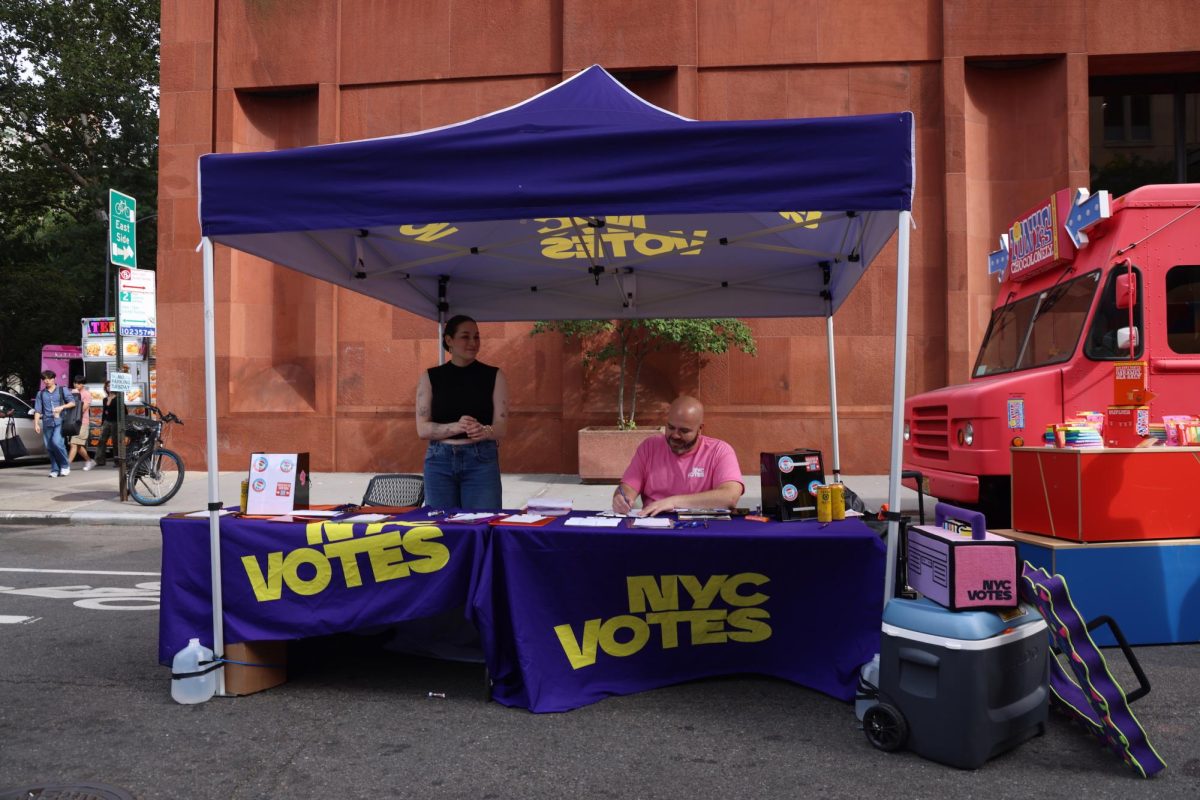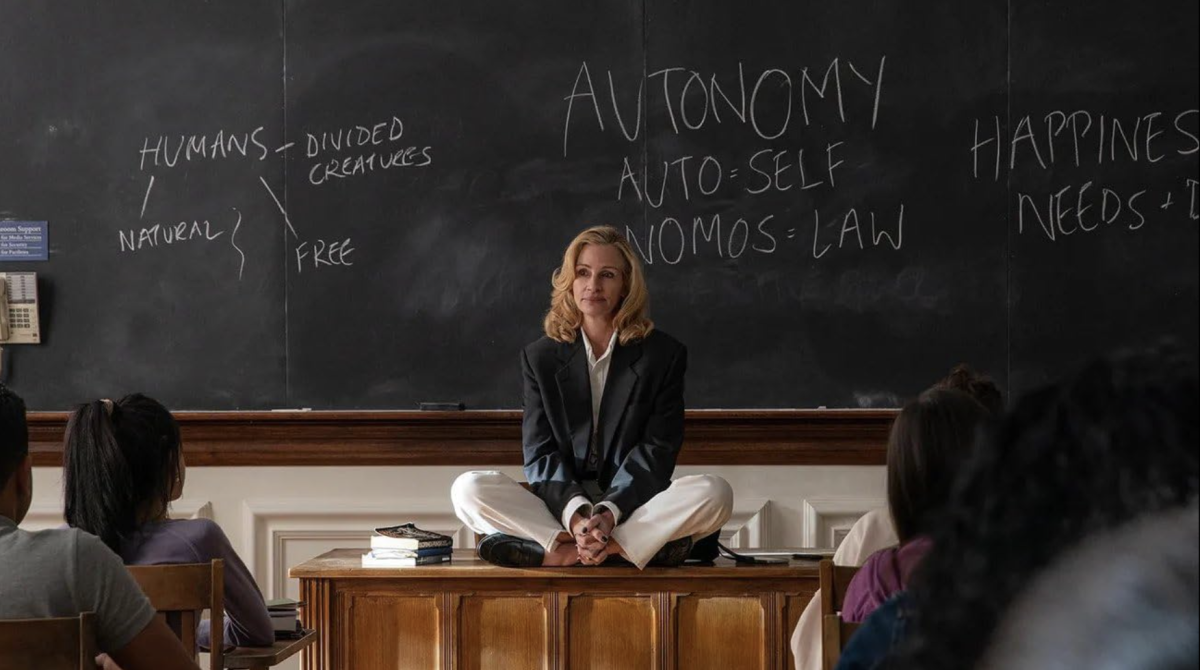Proposed policy undermines free speech at UC
September 21, 2015
Just over 50 years ago, University of California, Berkeley was the birthplace of the Free Speech Movement that brought the principle of freedom of expression to campuses across America. On Thursday, the University of California regents went back to the drawing board after discussing their proposed policy, a Statement of Principles Against Intolerance, to protect students from intolerant speech. The policy statement was met with criticism from Jewish groups who found its language to be too weak, as well as First Amendment scholars who see it as a threat to free discourse at a campus that championed it half a century ago.
The policy as it was initially presented was vague in its wording, making it unclear just what is being protected and what is being condemned. It also asserts that it “shall not be used as the basis to discipline students, faculty, or staff,” however, the universities will not hesitate to “respond promptly and effectively” to any report of intolerance on campus. If left unaddressed, the statement’s lack of clarity could have a chilling effect on free speech on campuses, as students may be unclear about what may result in punishment from their university.
While the quest to create a learning environment free from intolerance is a noble one, the UC regents must remember political economist John Stuart Mill’s theory of the marketplace of ideas. He argues that the truth emerges only in an atmosphere that allows for free discourse and competition of ideas. By quashing students’ opinions before they can be expressed, universities will only foster echo chambers where unchallenged ideas become weaker in their convictions. They also risk excluding students who possess opinions deemed intolerant from the conversation, thereby denying them a potentially valuable learning experience.
President Barack Obama spoke to this issue at a town hall in Des Moines on Sept. 14, disagreeing with the idea that “when you become students at colleges, you have to be coddled and protected from different points of view.” He continued, “Anybody who comes to speak to you and you disagree with, you should have an argument with them, but you shouldn’t silence them.”
Universities are meant to be bastions of education and critical discussion, unfettered by restrictions on the open exchange of ideas. Without debate uninhibited by guidelines of tolerance, discourse at these institutions of higher learning will stagnate and suffer the consequences of a limited pool of opinions. When rewriting the controversial statement, the UC regents should strive to clarify their language and preserve students’ constitutional rights to express potentially offensive opinions out of respect for their students’ freedom.
Opinions expressed on the editorial pages are not necessarily those of WSN, and our publication of opinions is not an endorsement of them.
A version of this article appeared in the Monday, September 21 print edition. Email Elizabeth Moore at [email protected].





















































































































































